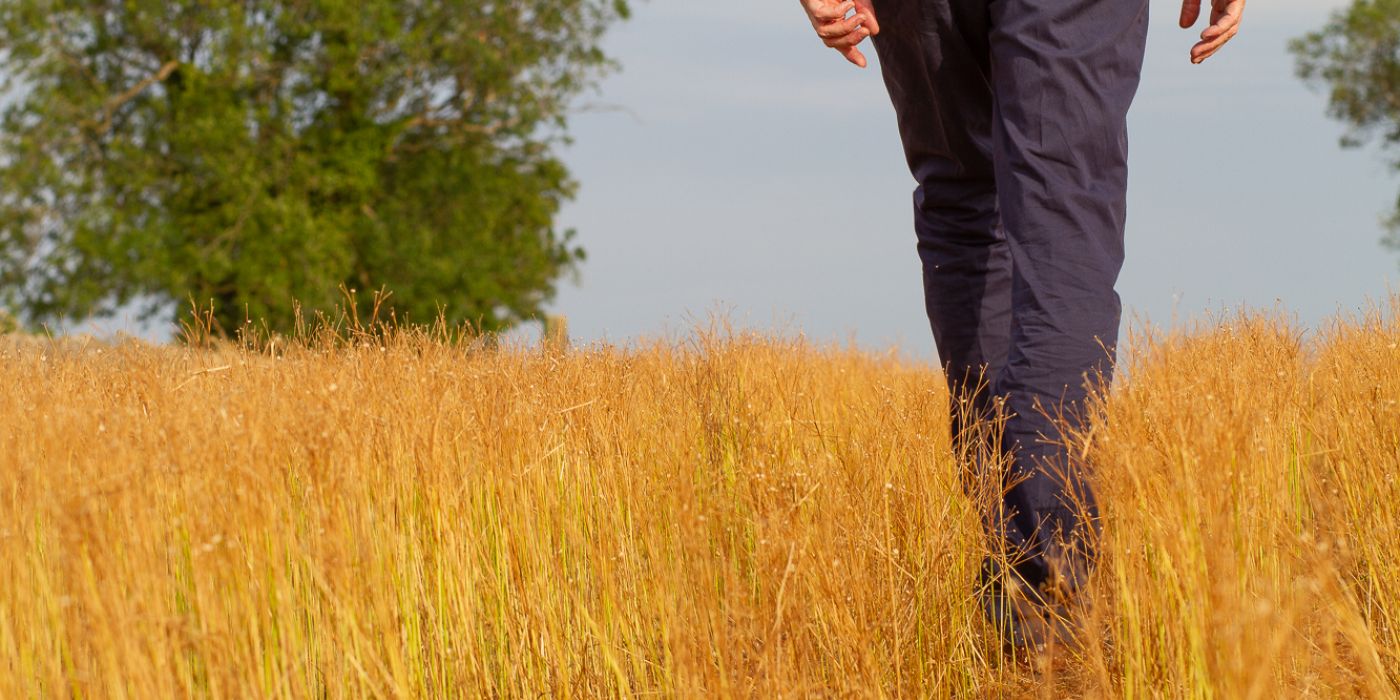
Own Country: Feeling safe in the unfamiliar
“The definition of a man’s ‘own country’ was ‘the place in which I do not have to ask’. Yet to feel ‘at home’ in that country depended on being able to leave it.”*
So writes Bruce Chatwin in his book The Songlines of the relationship between the traditional aboriginal culture and land in the inherently unpredictable and harsh conditions of Australia. What was important was not the ground itself but the ways through; the ability to move, adapt and accommodate.
Over recent years, and even more so over recent months, we have seen all sorts of change in the world of humanity, and to a great degree these changes seem to have been showing up in parallel in many societies and locations. Populism, nationalism and protectionism have toppled old elites and assumptions, fearfulness and suspicion of outsiders have grown in many parts of the world.
Now the whole of humanity is being assailed by the new coronavirus, dramatically upending economic assumptions and all sorts of long held ‘certainties’ about life, death and the capacities of modern medicine.
Even science seems uncertain. And meanwhile, America has exploded in outrage at racist police brutality.
The effect of all this varies hugely. Some find everyday life almost unchanged, others have been catapulted into mayhem, are lonely, or wish they could be more alone, or struggle to fill long hours with some kind of structure. For many, the world has become totally unfamiliar. Many might say ‘my world has disappeared’, others ‘this is no longer my country’.
It is hugely bewildering. Particularly in western society, we are not good at ‘not knowing’. Yet, more than for many decades at any rate, we really do not know what our worlds will be like next week, next month, next year… Our ‘own country’, that with which we are familiar, has dissolved around us; and some of what we do see right now we really do not like.
John Keats, the poet, is credited with first use of the phrase ‘negative capability’ in 1817**. He used it to describe receptiveness, open-ness, freedom from presupposition or any rigid theory, philosophy or belief system. His idea was that artistic beauty should be free of the need for adherence to some higher structure or predetermined message.
These days the phrase is often used to refer to the question: how well can we bear the discomfort of ‘not knowing’? Look around us, and our world is full of the demand to know – to have answers, explanations, the name of who is to blame, predictions.
Not knowing gets the mind racing, invites catastrophising, raises anxiety, impacts wellbeing and effective functioning. Not knowing ‘how long…’ can be unbearable. Different circumstances and different psychological make-up result in vastly different experiences as between one person and another.
It seems to me that the older, non-western cultures have something helpful to offer us now. Mindfulness, for example, helps us get out of both past and future and into our true, present experience; it also helps us get out of our heads and more in touch with our bodies, understand better our feelings and emotions and so leave us more poised and effective.
And those words of Bruce Chatwin’s illustrate beautifully the benefit of dropping attachment to familiar place and familiar things in favour of balance and receptivity, and to trust in both our own resourcefulness and in abundance in the universe around us.
(References above came from: * Chatwin, B (1998). The Songlines London: Vintage, p.56 and ** Wikipedia ‘Negative Capability’ accessed 31 May 2020)